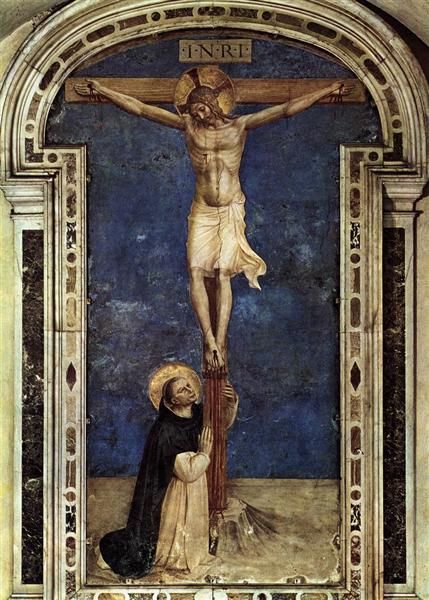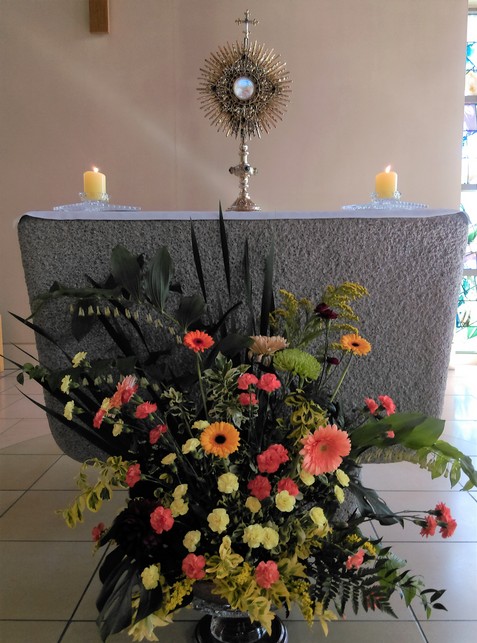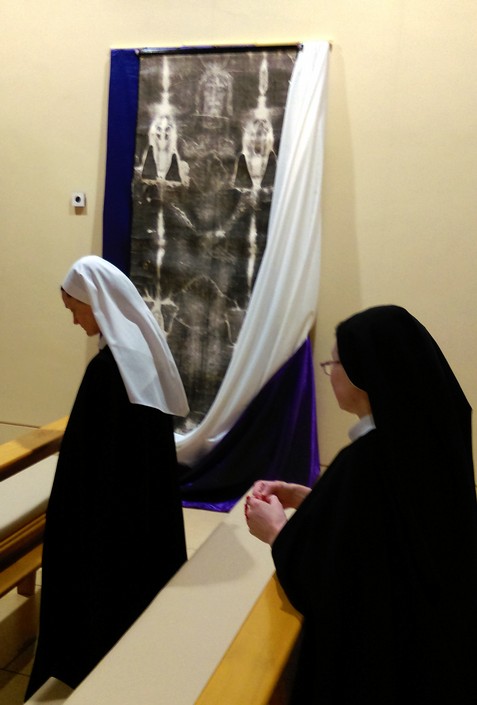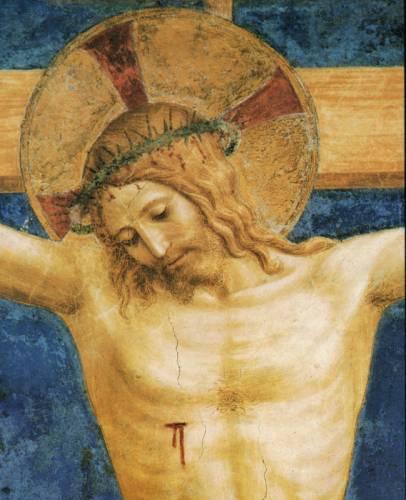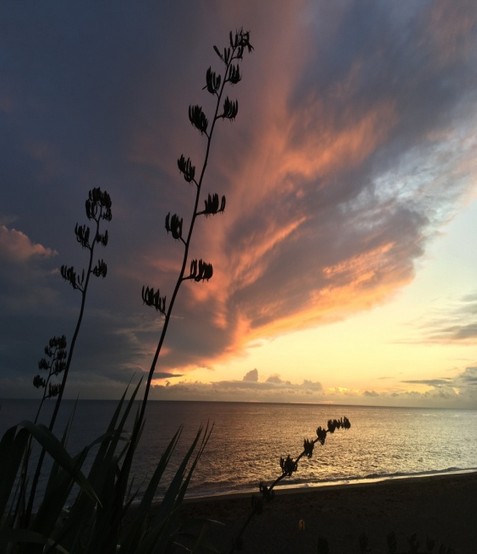
21st December - O Rising Sun
O Rising Sun. You are the splendour of Eternal Light and the Sun of Justice.
O come and enlighten those who sit in darkness, those who dwell in the shadows of death.
At this time of year, and today as the shortest day of the year, it is wonderful how the Church puts on our lips this antiphon where we call on the Light of Christ to come and enlighten our darkness. My prayer during this Advent season is asking for the grace to acknowledge the times when we prefer darkness before true light, as the intercessions for Week One of Advent put it.
O come and enlighten those who sit in darkness, those who dwell in the shadows of death.
At this time of year, and today as the shortest day of the year, it is wonderful how the Church puts on our lips this antiphon where we call on the Light of Christ to come and enlighten our darkness. My prayer during this Advent season is asking for the grace to acknowledge the times when we prefer darkness before true light, as the intercessions for Week One of Advent put it.
Dominican Nuns Ireland | 21/12/2021


